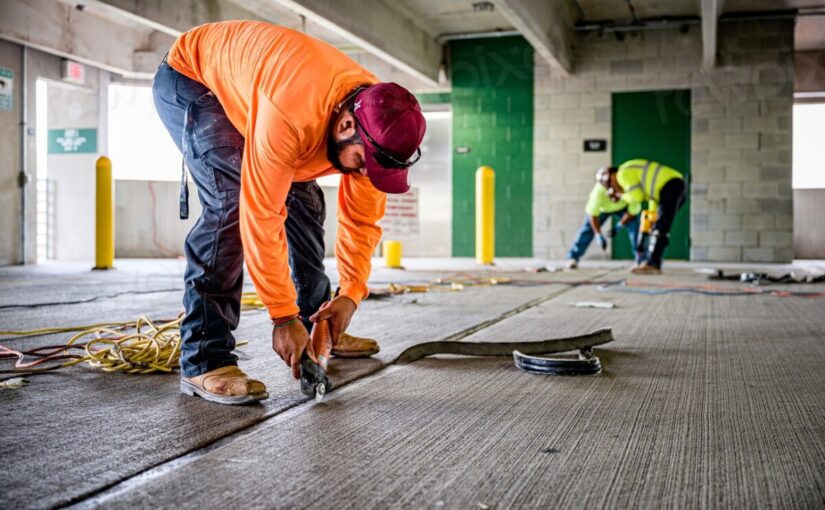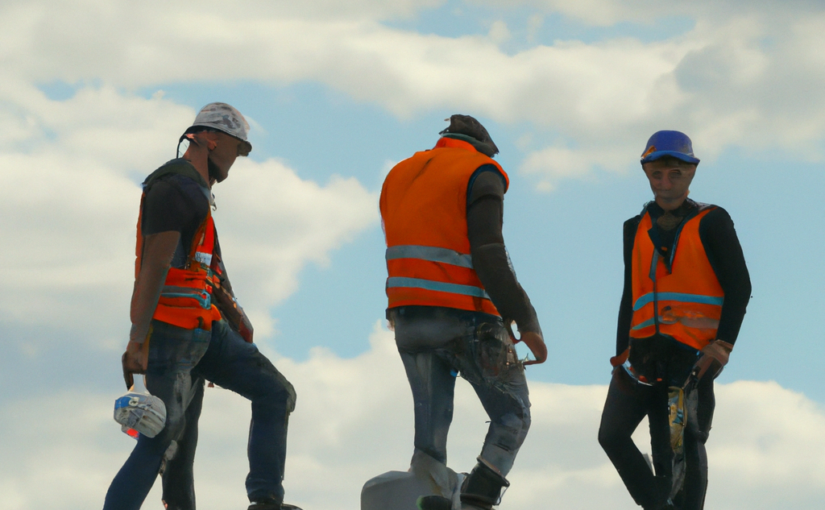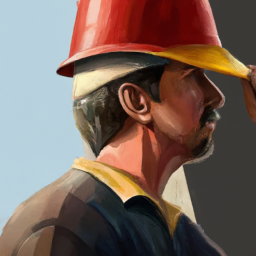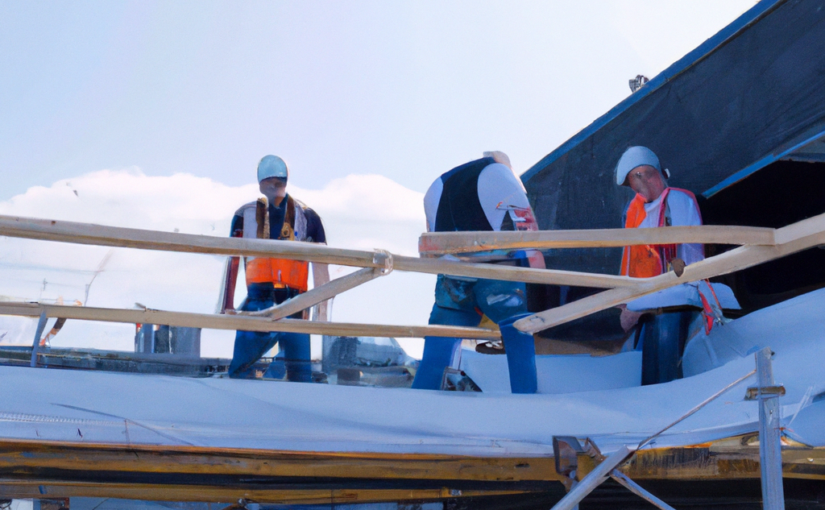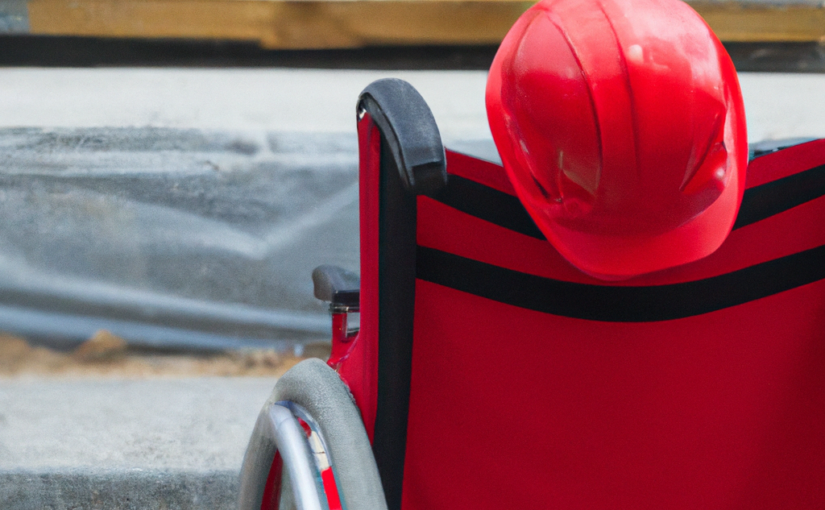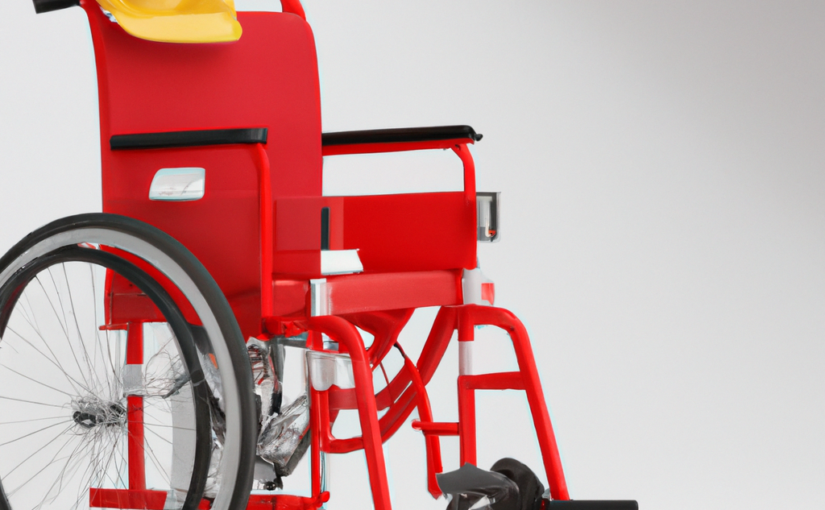Gig Economy Gears Shift: New Rule Revamps Classification, with Potential Impact on Injury Compensation
Brace for a major overhaul in the gig economy as the U.S. Department of Labor’s (DOL) new independent contractor rule tightens the screws on misclassification. Effective March 11th, 2024, this game-changer could significantly impact workers’ compensation for injury-related cases across industries like healthcare, construction, and the ever-expanding realm of platforms like Uber, Lyft, and DoorDash.
Who is an Employee?
At the heart of the issue lies the thorny question: who’s an employee and who’s an independent contractor? The new rule replaces the old one-dimensional focus on control and profit/loss with a nuanced, six-pronged test. This multifactor analysis delves deeper, meticulously examining:
- Control over work: How much say does the worker have in tasks, schedules, and procedures?
- Investment in resources: Does the worker provide their own tools, equipment, or materials?
- Permanence of the relationship: Is the work ongoing or sporadic? Is there an expectation of continued engagement?
- Skill and initiative: Does the worker rely on specialized skills or independent decision-making, or do they follow specific instructions?
- Potential for profit or loss: Can the worker directly influence their earnings through performance or effort?
- Economic dependence: Does the worker rely primarily on this income source, or do they have other avenues for financial stability?
This overhaul aims to combat widespread misclassification, which often leaves workers vulnerable and deprived of crucial rights, including access to workers’ compensation for job-related injuries.
Acting Secretary Julie Su emphasizes the rule’s potential to empower vulnerable workers, ensuring proper classification, and by extension, access to rightful injury compensation and other employee benefits.
Opposition to the Changes
However, concerns about potential downsides simmer. Industry giants like the Chamber of Commerce oppose the rule, fearing job losses and reduced flexibility for both employers and workers. The Chamber of Progress estimates gig worker income losses could reach a staggering $31 billion if reclassified as employees, potentially impacting earnings and limiting self-directed work schedules.
Workplace Injury Compensation
So, what does this mean for injury compensation? The key lies in the blurred lines between employee and independent contractor. Currently, misclassified workers often face an uphill battle seeking compensation for on-the-job injuries. Lacking access to employer-provided workers’ compensation insurance leaves them financially exposed to medical bills and lost wages.
The new rule’s emphasis on a broader analysis of worker relationships could pave the way for fairer adjudication of injury claims. If reclassified as employees, more gig workers would fall under the umbrella of workers’ compensation coverage, guaranteeing them crucial support in case of injury. However, the specifics of legal interpretations and practical implementation will ultimately determine the rule’s true impact on injury compensation accessibility.
One thing’s for sure: the debate has intensified. While proponents hail the rule as a champion for worker rights and fairer compensation, including access to critical injury compensation, opponents paint a picture of economic consequences and decreased worker autonomy.
The ultimate outcome? Time will tell. But one thing’s clear: the fight to define who’s an employee and who’s an independent contractor has just shifted gears, with far-reaching implications for the gig economy, worker rights, and, crucially, access to just compensation in the face of job-related injuries.

